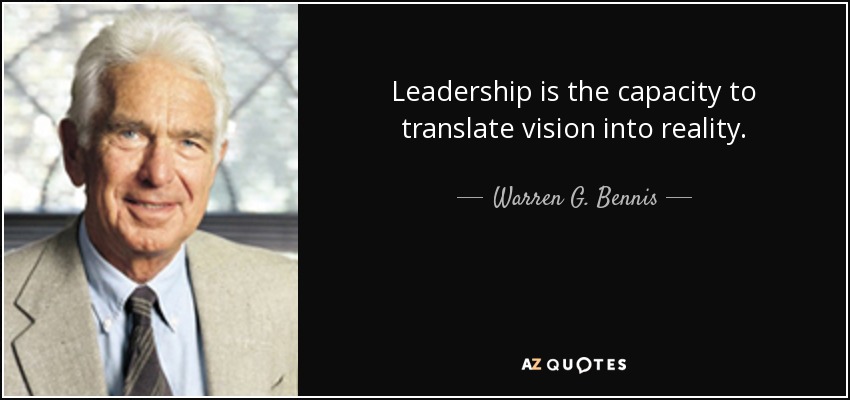“Academic leadership is the art of nurturing intellect, fostering innovation, and cultivating excellence.”
Leadership can be defined as the capacity of an individual or a collective of individuals to steer and direct those who follow or belong to an organization, community, or group. Essentially, leadership involves guiding and steering others toward a shared vision or objective. It encompasses the art of motivating and inspiring one’s team, fostering cooperation, and making wise choices. Additionally, effective leaders must closely attend to the needs of their team members, offering guidance and assistance when necessary. They should also empower others by entrusting them with responsibilities and recognizing their valuable contributions.
The prosperity of a higher education establishment hinges not merely on the accomplishments of its academics but also on the caliber of its leadership known as “academic leaders.” Academic leaders are individuals who inspire and guide academics within universities, faculties, or departments, offering stimulating prospects and fostering conducive academic atmospheres for their professional development. Academic leaders have huge responsibilities as their effectiveness or ineffectiveness impacts not solely a business but also the whole society.

University leaders, especially those in management roles, need to begin by understanding the whole academic community. These leaders should have a broader perspective. They should not just focus on managing the university’s finances for profit; they should also consider the social aspects. The question is, what kind of leadership is suitable for Malaysian higher education institutions? Should leaders have the qualities of academic leaders or managers? Academic leaders should possess a strong commitment to academic excellence and be chosen from among academics who possess the necessary leadership, communication, and interpersonal skills.
Academic leaders encompass individuals such as Vice Chancellors, Chancellors, Pro-Vice Chancellors, Deans, or Deputy Deans, who hold authoritative roles within educational institutions and influence their policies. While it is true that these figures are considered academic leaders, the concept is more intricate. Many academics excel in their respective fields, but does this automatically make them effective leaders when it comes to administrative or managerial responsibilities?
Assuming a “leadership” role in the academic world is a complex endeavor, and what makes it especially fascinating is the wide range of ways leadership might appear in a university. At one end of this scale, a tutor may provide one-on-one instruction or lead seminars for small groups of students on certain topics, guiding them through the course material and helping them to reach their academic objectives. On the other hand, a vice chancellor could be representing the university at a conference held abroad while promoting the institution’s goals, plans, and prospects to a large worldwide audience. Different types of leadership in higher education emerge in the middle of these two extremes.

Effective academic leadership is vital for the success and sustainability of higher education institutions. It requires strong communication skills, the ability to collaborate with various stakeholders, adaptability to changing educational landscapes, and a commitment to the institution’s mission and values. Academic leaders have a crucial role in determining the direction of higher education and making sure that it continues to offer opportunities for high-quality learning and research.
Yours sincerely,
Hanif
Modul 15B : The Essential of Academic Leadership
BC4DCP Session 2 2023